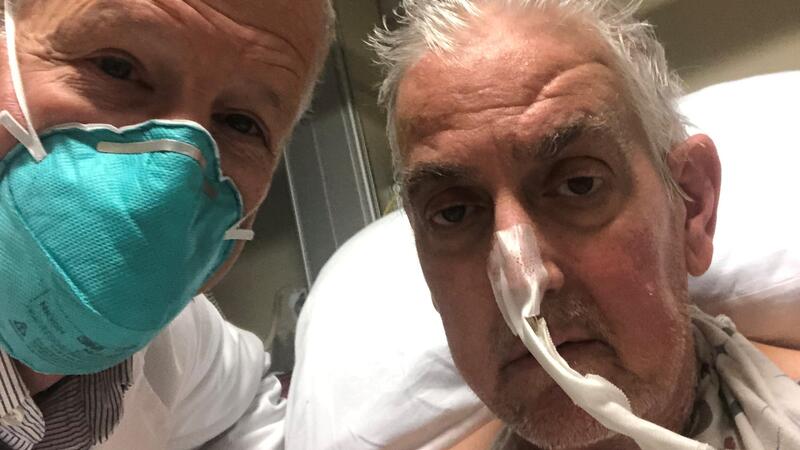By Caroline Seydel – Genetic Engineering & Biotechnology News –
Parkinson’s disease is characterized by the loss of dopamine-producing neurons. The current treatment is oral levodopa, which is taken up by brain neurons and converted to dopamine. But levodopa eventually loses its efficacy as those neurons continue to die. When the medication no longer helps patients, another treatment option is deep brain stimulation. However, this surgical procedure comes with risks that include infection, bleeding in the brain, and stroke.




